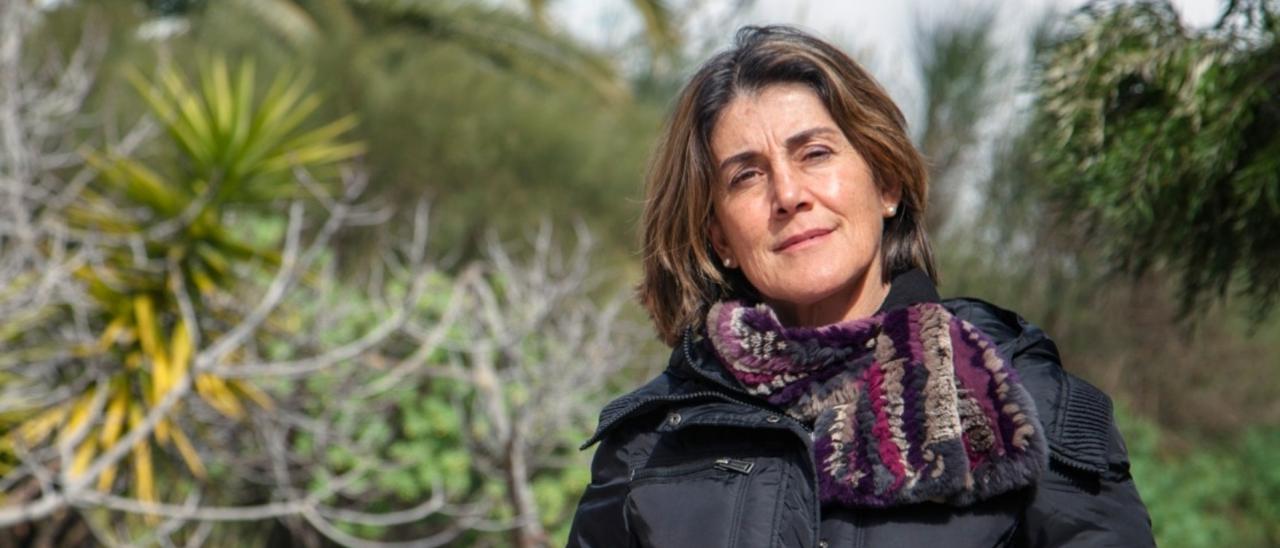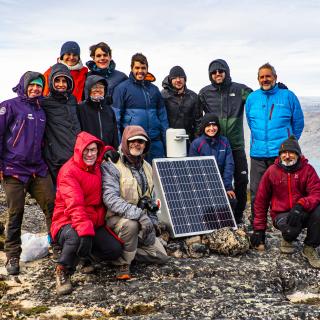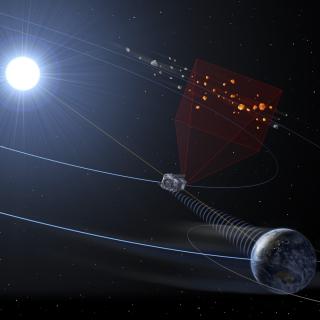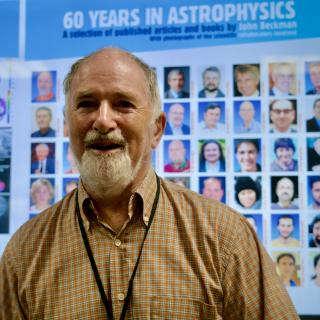Between 3rd and 8th October the Conference “Dark and Quiet Skies for Science and Society” will be held in La Palma. It will convene a small group of specialists from throughout the world to suggest solutions to the problems facing Astronomy and citizens in general due to the increase of artificial lighting, the increase in radio signals produced by technological development, and the impact of the recent satellite constellations.
Question: What is the objective of this Conference?
Reply: In October 2020 the International Astronomical Union (IAU) together with the United Nations’ Office for Outer Space Affairs (UNOOSA) and the Spanish Government organized a conference called “Dark and Quiet skies for science and society” which was planned to be organized by the Instituto de Astrofísica de Canarias (IAC) in Santa Cruz de La Palma (Canaries, Spain). Although, in the end, the pandemic forced us to celebrate the event on-line, with 950 participants from all over the world.
The specific objective of this conference was to produce a document evaluating the impact of technological development on the visibility of the night sky, both on Astronomy, and on the biological environment, and which would also explain all the measures which governments and private companies could take to mitigate the negative impacts. The document was presented to the Commission for the use of Extraterrestrial space for Pacific objectives (COPUOS), to be approved so that it could become a reference for regular future analyses of the situation.
The report included mitigation measures, and specific recommendations to limit and reduce the negative impact of all the types of technological developments mentioned. And, after being signed by Chile, Ethiopia, Jordan, Slovakia, Spain, and the International Astronomical Union, it was presented to the Scientific Subcommittee of the COPUOS in April 2021, implying recognition by the UNO of the relevance and the right to availability of a dark and quite sky for science.
The physical meeting which will be celebrated next October is aimed at debating and agreeing on strategies to put into practice the recommendations proposed at the workshop in 2020.
Q: What are the problems posed for Astronomy by artificial night lighting, by low orbit satellites and by the increase in radio emission?
R: Each of them poses different threats at different levels. The consequences of light pollution, caused by bad or excessive artificial night lighting do not affect only the Astronomy carried out at professional observatories, but also the environment (insects, small mammals, birds) and even human beings. We know this because it is a subject which has been widely studied since the installation of the first electric street lights at the end of the XIX century. However, the constellations of satellites are much more recent, and although they are only now beginning to be orbited, if they are not regulated in a very few years they could have a serious impact on ground-based astronomy. In addition, the satellite megaconstellations introduce sophisticated communication systems which also contaminate radioastronomical signals.
Q: Why is the need to tackle these themes being considered now?
R: Technology is advancing continually, and in particular the capacity to design small satellites with many uses is getting easier and easier. However, in contrast to what happens in nearly all other areas of development, there is no legislation equivalent to that which we know as “environmental impact” for low orbit satellites. There are still no rules and the technology keeps advancing.
Q: Why has La Palma been chosen for this meeting?
R: La Palma is an international reference for the conservation of its dark skies. The first “law of the sky” was promulgated in the Canaries to preserve the darkness of the night sky in the Island-. Its experience in protecting the sky have made it the ideal setting to show the world that cohabitation between technical development and environmental conservation is possible.
In 2019 the IAU contacted the Spanish Government to organize a conference on this theme, and they immediately contacted the IAC. Now this conference is being celebrated after finalizing an agreement between the Spanish Government and the United Nations, who have promoted the calling of the meeting.
From the IAC, together with the United Nations, we have gone beyond normal limits to ensure that the conference takes place with the presence of delegates in La Palma, with the aim of trying to re-launch the activity implying contact and personal agreement. Although because of the limited attendance we have offered the possibility that those who cannot attend in person can follow the talks and discussions on-line. Up to now over 600 people have registered to participate in this way.
But above all it has been the support of the local authorities, both of the Cabildo of La Palma and of the City Council of Santa Cruz de La Palma, which has made it possible to celebrate this conference. Without them we would not have been able to embark on this adventure.
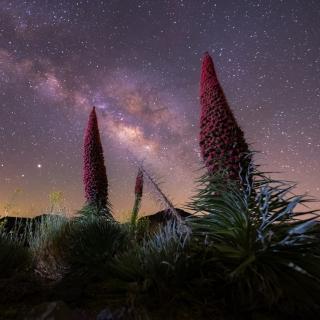
After a week of intense work, with the participation of almost a thousand researchers from all over the world, the online workshop “Dark and quiet skies for science and society” has finished. For five days work has proceded on the preparation of a document which can offer governments, city councils, and companies the legal and technical basis for avoiding the possible negative impact of the newest technology on the observation of the night sky, and on biodiversity.
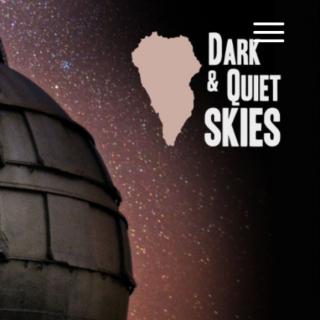
Even though the conference planned by the Instituto de Astrofísica de Canarias (IAC) for celebration in La Palma has been postponed until mid-April 2021, the meeting is being held on-line from 5th to 9th October. In this workshop we will discuss a reference document for governments, city councils and companies so that they have a legal and technical basis to avoid the possible negative impact of the new technologies on the observation of the night sky and on biodiversity. Link to the programme: http://research.iac.es/congreso/quietdarksky2020/pages/program.php For thousands of years the
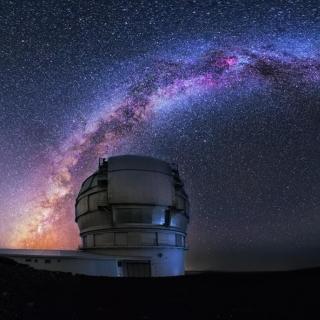
“Astronomical observations have to be protected against light pollution. Only in this way will we be able to see the Universe at at the very beginning”. This was the start of the talk by Casiana Muñoz-Tuñón, Deputy Director of the IAC and one of the organizers of the workshop “Dark and quiet skies for science and society” which is being celebrated on line from October 5th to 9th. Muñoz-Tuñón reminded us that the further back in time we want to reach, the further away we need to look. “For that reason the light which reaches us is very faint. We need dark skies to be able to detect and study
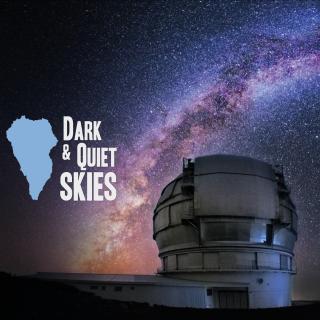
Since millennia the silent and ordered beauty of the night sky has inspired humankind in all its intellectual and emotional expressions: poetry, philosophy, religion and science. In particular, modern
